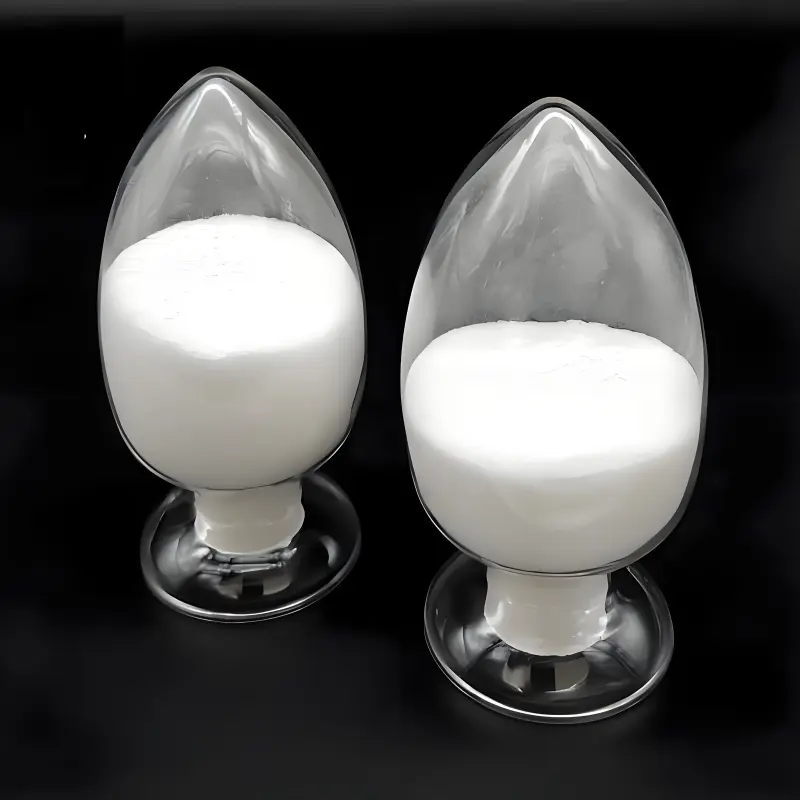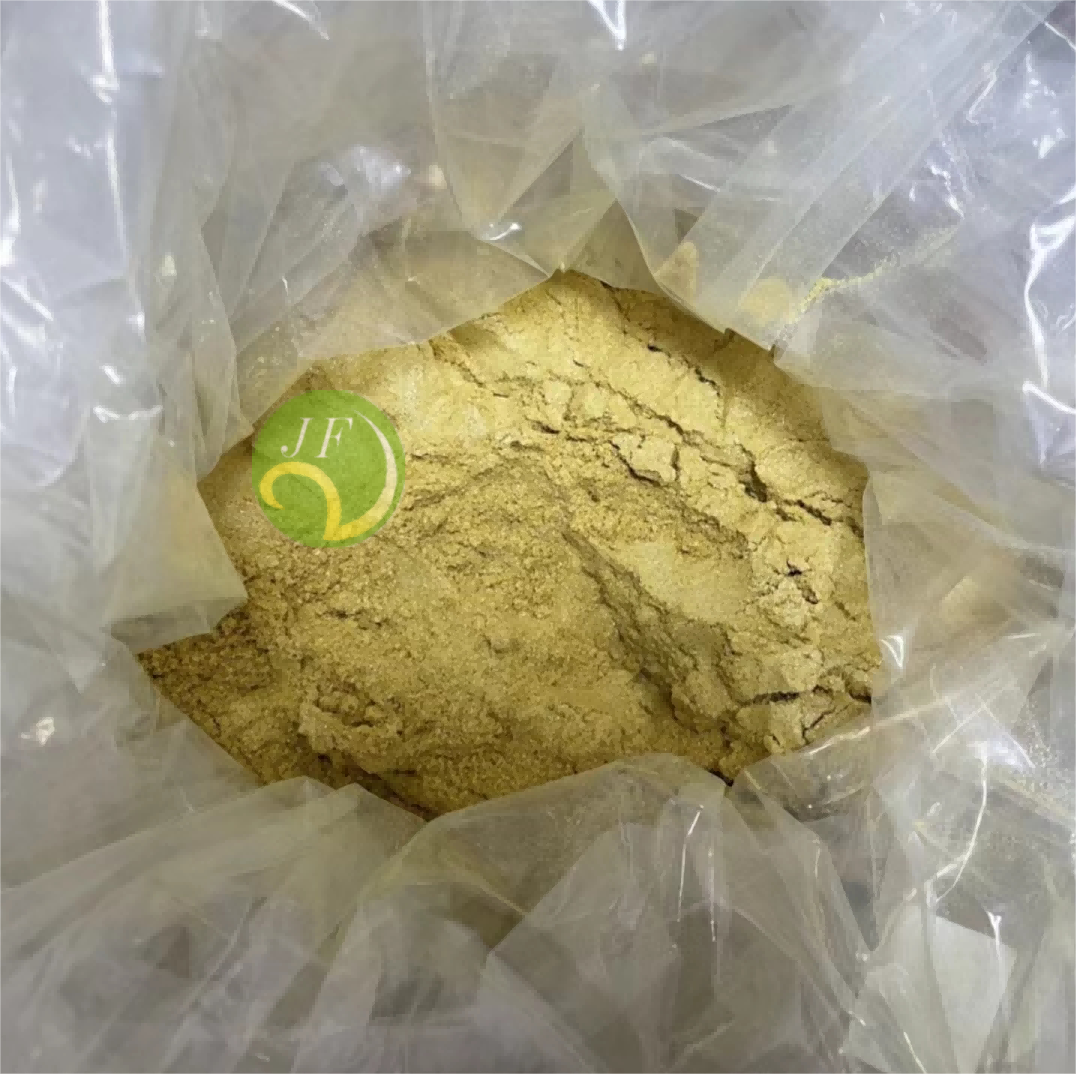-
Categories
-
Pharmaceutical Intermediates
-
Active Pharmaceutical Ingredients
-
Food Additives
- Industrial Coatings
- Agrochemicals
- Dyes and Pigments
- Surfactant
- Flavors and Fragrances
- Chemical Reagents
- Catalyst and Auxiliary
- Natural Products
- Inorganic Chemistry
-
Organic Chemistry
-
Biochemical Engineering
- Analytical Chemistry
-
Cosmetic Ingredient
- Water Treatment Chemical
-
Pharmaceutical Intermediates
Promotion
ECHEMI Mall
Wholesale
Weekly Price
Exhibition
News
-
Trade Service
For a long time, patients with end-stage diabetic nephropathy have faced many difficulties in renal replacement therapy, which is prone to complications
In terms of the timing of renal disease replacement therapy, the Chinese Guidelines for Renal Replacement Therapy for End-Stage Diabetic End-Stage Renal Disease (2022 Edition) recommend that patients enter dialysis therapy indications:
When the glomerular filtration rate (eGFR) < 15 ml/min, dialysis preparation can be done, and dialysis therapy
The IDEAL study notes that there is no evidence that early initiation of dialysis is beneficial
According to the China Kidney Disease Data Network and a number of large reports, about 23%-28% of peritoneal dialysis patients in Chinese mainland have diabetes, while as high as 38% in Hong Kong, it can be seen that there are a large number of diabetic patients in need of dialysis treatment in China, so optimizing its treatment and management is crucial
Peritoneal dialysis catheter insertion and management
It is recommended that peritoneal dialysis catheterization and management in patients with diabetic ESRD refer in principle to non-diabetic ESRD patients
Choice of peritoneal dialysis dose
For the choice of peritoneal dialysis doses for patients with diabetic ESRD, the following points are summarized:
• The choice of model should follow the principle
• Patients with hyperperitoneal transport are suitable for DAPD, NIPD, E-CCPD; High-average and low-average transport patients are suitable for CAPD, CCPD, E-CCPD; Patients with low transport are suitable for high-dose CAPD and CCPD
• In patients with low or completely lost residual renal function, standard-dose dialysis is used as an initial treatment regimen and the effects of dialysis on blood glucose are concerned to adjust the use
• Incremental peritoneal dialysis (incremental PD) is a viable initial treatment strategy
Selection of peritoneal dialysate
Traditional glucose dialysate is not conducive to blood glucose control in diabetic PD patients, and at the same time, biocompatibility is low, which aggravates local inflammation throughout the body and abdominal cavity, and damages peritoneal structure and function
(1) Aiko dextrin dialysate increases ultrafiltration without increasing glucose load, and no adverse effect on residual kidney function is found, especially for patients with high peritoneal transport or poor
(2) Amino acid dialysate does not contain glucose, osmotic pressure is close to 2.
Treatment and prevention of complications of peritoneal dialysis
Capacity management
Experts recommend regularly assessing the volume status
• Strictly limit water and salt intake, generally sodium chloride intake does not exceed 5 g/day (or sodium does not exceed 2 g/d).
• Protect kidney function as much as possible:
(1) For patients with a urine output of > 100mg/day, residual kidney function is measured every 3-6 months;
(2) Use of angiotensin-converting enzyme inhibitors (ACE Inhibitors)/Angiotensin Receptor Antagonists (ARB), pay attention to the decrease in renal perfusion, decreased urine output, and elevated serum potassium and serum creatinine that may be caused by ACEI/ARB;
(3) Loop diuretics help to promote the excretion of water and sodium in the kidneys, the commonly used program is furosemide 100-200mg/day, pay attention to ototoxicity, hypokalemia and other side effects;
(4) Avoid the use of nephrotoxic drugs such as iodine contrast agents, and avoid the use of nephrotoxic drugs such as aminoglycoside antibiotics for a long time (lasting > 3 weeks);
(5) If possible, the PD solution
Potassium management
Potassium < 3.
gastroparesis
It is recommended that patients with diabetic peritoneal dialysis with gastroparesis adopt a low-fat, low-fiber diet and eat less and more meals
.
Peritoneal dialysis blood glucose management
Blood glucose monitoring and targeting
• It is recommended that patients with diabetic peritoneal dialysis be tested for glycosylated hemoglobin (HbA1c) at least every 3 months
.
• It is recommended to follow the principle of individualization, generally controlling HbA1c to about
7%.
• Special attention should be paid to the risk of hypoglycemia, and HbA1c should be appropriately relaxed to 8.
5% in elderly patients at risk of
hypoglycemia.
• Patients are recommended to monitor blood glucose
on an empty stomach and fingertips after meals at home.
• When using Ekaudextrin dialysate, choose a glucose meter and test strip based on glucose oxidase instead of a glucose dehydrogenase method to avoid overestimating blood glucose levels
.
Treatment of diabetes
(1) General treatment: diet control; Appropriate aerobic exercise, exercise intensity is subject to individual tolerance, ideally at least 30 minutes a day, 5 days
a week.
(2) Oral drug therapy: the vast majority of oral hypoglycemic drugs are contraindicated
in patients with PD.
(3) Insulin therapy: it is recommended to use insulin subcutaneously, not intraperitoneally
.
(4) Use of new PD solution: When conditions permit, select Icodextrin dialysate or amino acid dialysate to reduce glucose exposure
.
Nutritional therapy for patients on peritoneal dialysis
Protein intake
• An individualized protein diet is
recommended.
The protein intake of patients without residual renal function is 1.
0-1.
2 g/kg/day, and in patients with residual renal function is 0.
8-1.
0 g/kg/day, more than 50% of the recommended protein intake is high biovalent protein
.
• After a comprehensive assessment of the patient's nutritional status, individualized supplementation of compound a ketoacid preparation 0.
12 g/kg.
d
is appropriate.
Energy intake
• The recommended caloric intake is 35kcal/kg/day
.
• Patients over 60 years of age, with less activity and good nutritional status, can be reduced to 30-35 kcal/kg/day
.
• When calculating energy intake, the calories
absorbed by the body from the glucose contained in the dialysate at the time of peritoneal dialysis should be subtracted.
In short, for patients with end-stage diabetic nephropathy, timely and effective peritoneal dialysis treatment can greatly improve the quality of life of
patients.
References:
[1] Expert Group of Nephrology Branch of Chinese Medical Association.
Chinese guidelines for renal replacement therapy for end-stage diabetic nephropathy (2022 edition)[J].
Chinese Journal of Nephrology,2022,38(01):62-75.






